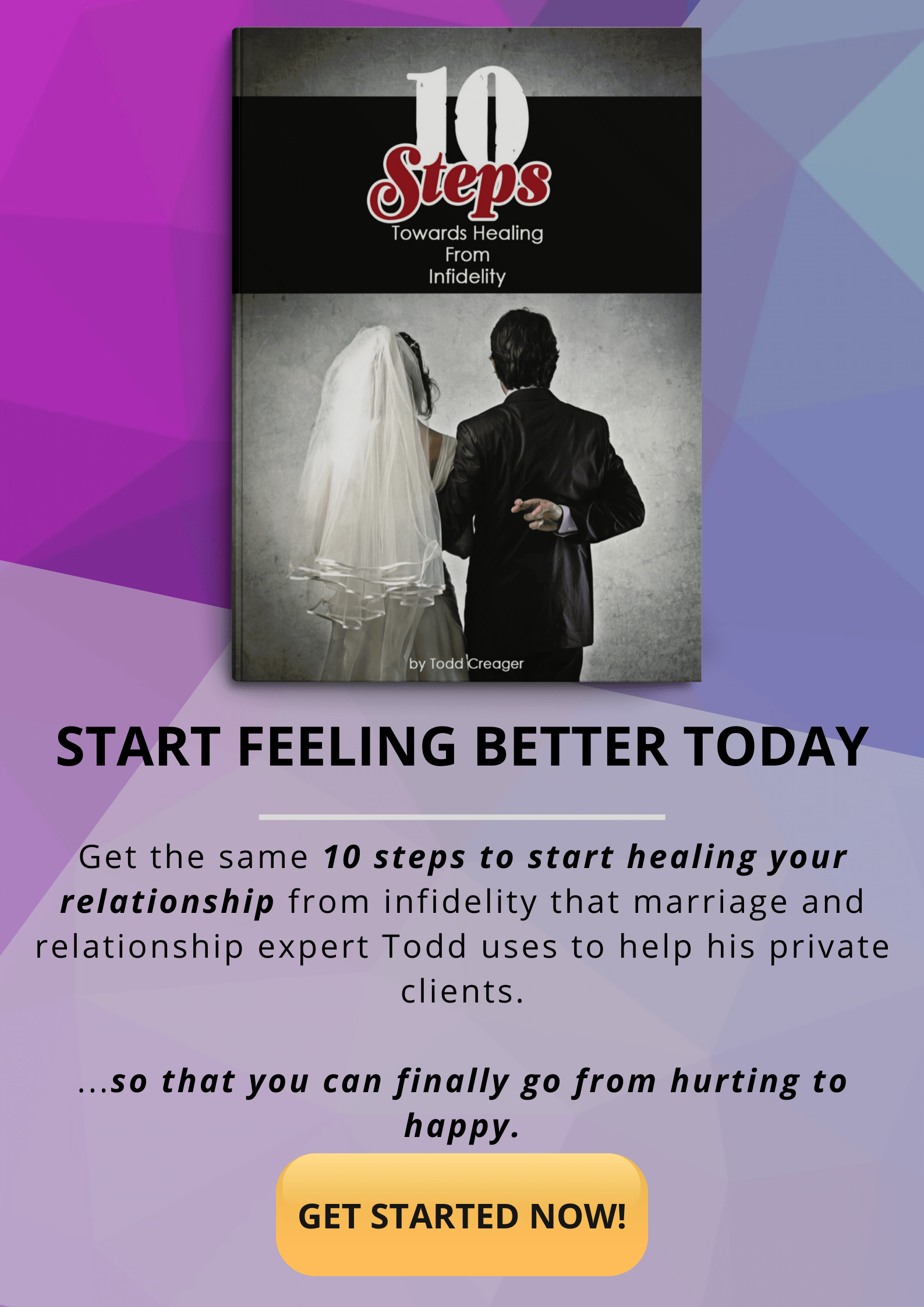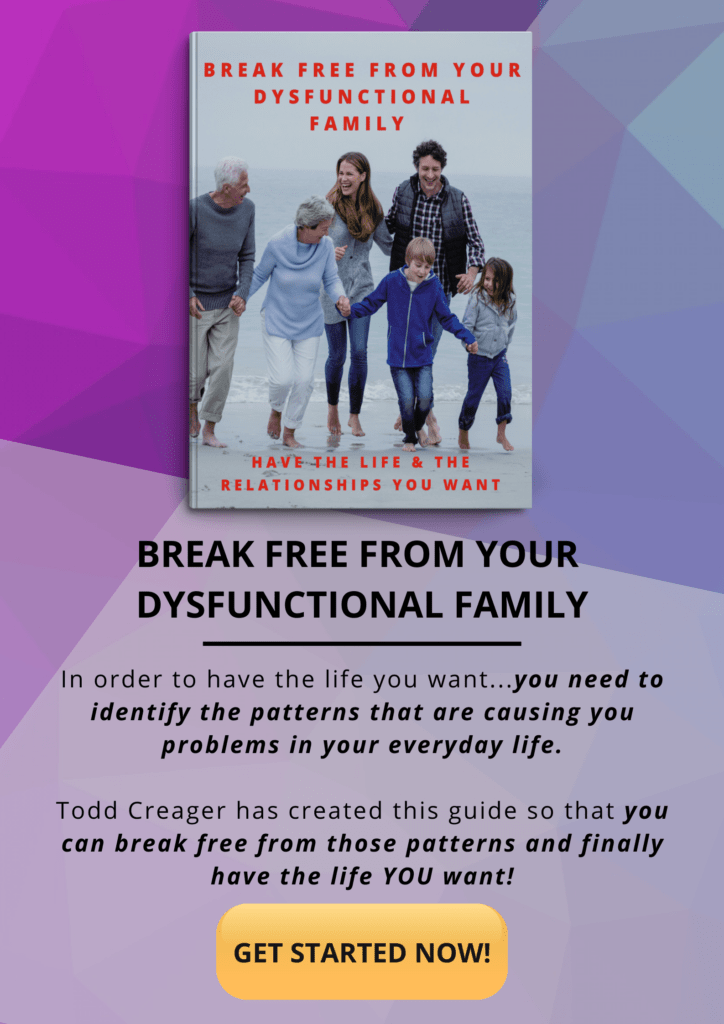 My video last week on gaslighting was widely watched. It let me know that there are many people who experience this challenging dynamic that leaves a person feeling confused, inadequate and even a bit crazy.
My video last week on gaslighting was widely watched. It let me know that there are many people who experience this challenging dynamic that leaves a person feeling confused, inadequate and even a bit crazy.
Due to the feedback I received as well as the obvious chord it struck with many, I will be writing more on this topic over the next few weeks.
So exactly what is gaslighting?
Gaslighting is the act of manipulating a person into doubting their reality and their perceptions. Why would someone do this to another human being? There are four main reasons that I see in my practice:
1. The gaslighter does not want to experience the pain of looking at him or herself. This person does not want to take responsibility for actions that may affect the other person negatively. It is easier to make the other doubt him or herself rather than take a look at his or her affect on that person.
2. The gaslighter fears a loss of control and probably has trouble trusting so has a difficult time being vulnerable. The goal is to remain one up on the other person as opposed to truly connect and empathize with what the other person is experiencing.
3. The gaslighter grew up in a family where the parents were not mature enough to take responsibility for their actions and effect on other family members. The children were not acknowledged and the way to survive in that family was to not look bad or be wrong. This pattern is then continued in their adult relationships. Therefore, gaslighting becomes a survival, self-preserving technique- unfortunately though at the other person’s expense.
4. The gaslighter has a personality disorder such as Narcissistic Personality Disorder or Antisocial Personality Disorder where they are not capable of empathy and use others for their own psychological end.
Here are a few examples directly from my practice:
I had a 50 year old woman who called because her 80 year old mother wanted a closer relationship with her daughter and granddaughter. They did have a relationship but she wanted more.
The 50 year old claimed that her mother was very physically and emotionally abusive to her throughout her childhood and was in complete denial about it. She said that the pain it caused her along with her mother not taking responsibility for those actions were too much for her to get any closer.
She felt that she had done the best she could to not sever the relationship entirely and that her mother did have a relationship with her granddaughter (under supervision at all times).
When I saw them together in my office, the 80 year old mother started the session by asking me if I could prescribe medication. I let her know that I cannot but asked her why she asked. She said that her daughter says the most “preposterous” things. I asked her what and she replied that her daughter accuses her of abuse and that she believes her daughter needs some antipsychotic medication such as Thorazine or Haldol.
The daughter proceeded to tell me in great (and I believe accurate) detail about multiple times of abuse physically and mentally. After she finished with the details of the abuse, her mother looked at me and said, “You see what I mean?”
This is a classic case of gaslighting.
Fortunately for the daughter, she had a supportive family and friends that helped her stay true to what she knew. This was not a difficult case for me regarding who was telling more of the truth and you will just have to accept my clinical skills on this one.
Why did the mother gaslight?
I believe that she was a victim of abuse herself and was unable to acknowledge the parts of her that were a victim or the parts of her that were a perpetrator. Her denial was a way to cope but could have been at a huge price for her daughter.
Here is one more example:
I had a couple who came in because they were about to get married but the man’s adult children treated her absolutely terribly and the soon to be husband did not support her and set boundaries with them. The backstory was that he divorced their mother, felt guilty and totally enabled them as a way to cope with his guilt for leaving their mother.
Both adult children (now in their 20’s) were very manipulative.
For example, the daughter had faked going to college in another state (she had dropped out), but continued to take her father’s tuition money and use it for partying and other things.
In my session, when the fiancee (woman) brought up her need to have him set boundaries, he said, “Well maybe, this won’t work out and we just need to not get married.” She got extremely emotional and started to yell and cry. He looked at me and said, do you see how crazy she gets? And I responded, well- you are quite the “crazy maker.”
His narcissism and need to be in control and look good made it impossible for him to look at his own fear of looking bad or not being popular with his children. By the way, he never came back to see me after my confrontation.
If you doubt yourself a lot when with a particular person if you feel inadequate, if you feel like there is something wrong with you, you may be a victim of gaslighting.
I will be writing about what to do about that and how to take care of yourself if you find yourself in this kind of relationship pattern. Here is a link to my video from last week about this subject: Gaslighting, Brainwashing & Mind Control: Tools of The Abuser
I am here to help you or help your relationship if you have been stuck in this kind of pattern.












Reader Interactions